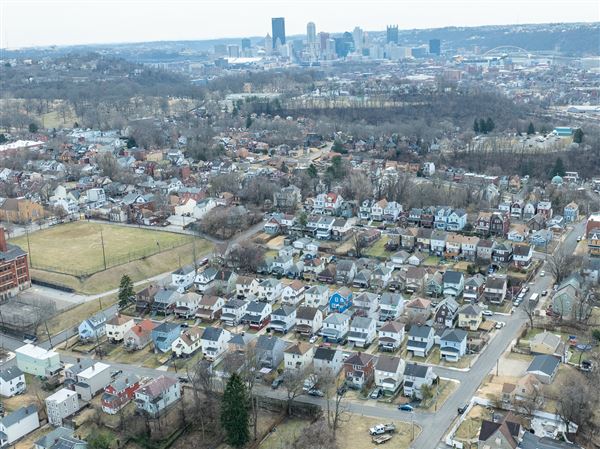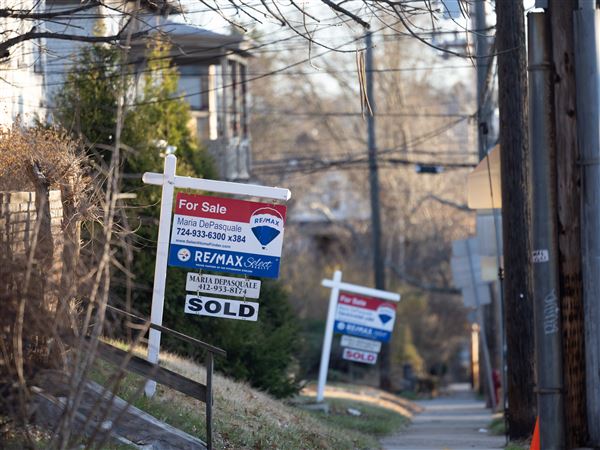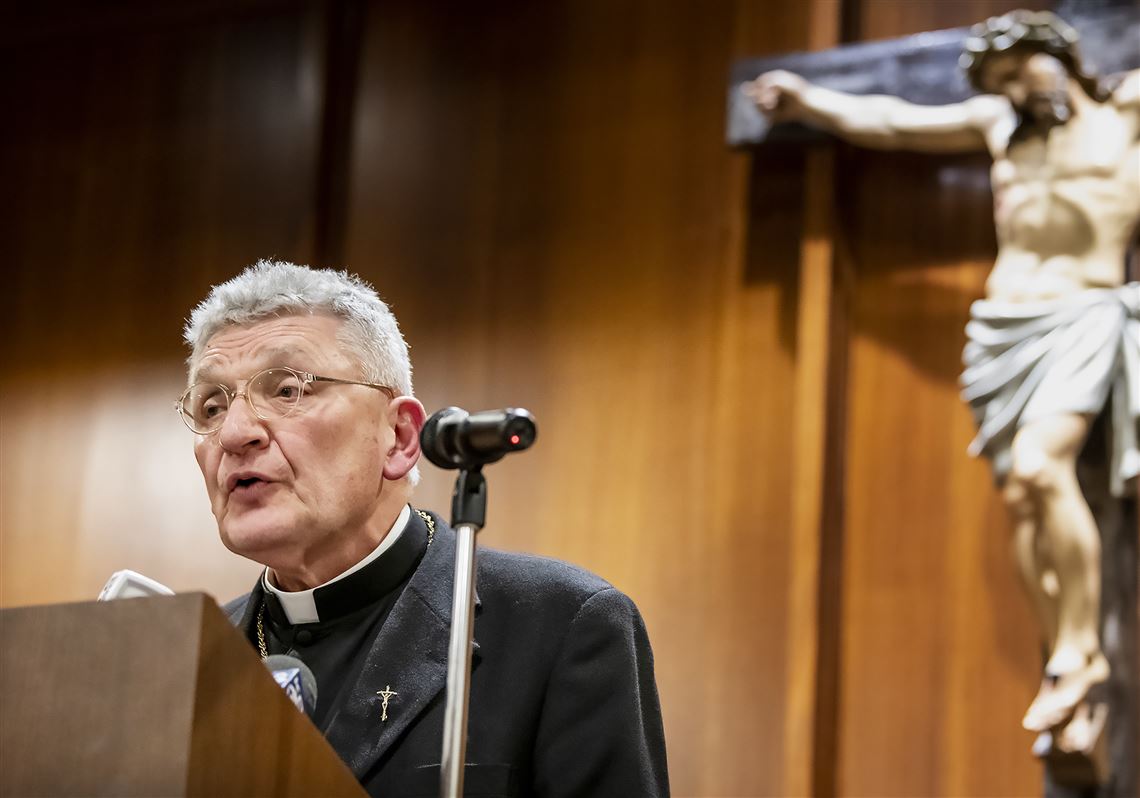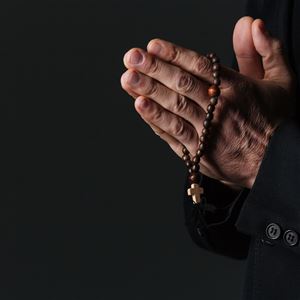A few weeks ago, without a very convincing explanation, eight elderly, risk-averse Pennsylvania men made a 180-degree turn. Let’s look deeper at what they did and why they may have done it.
For decades, our state’s Catholic bishops offered abuse victims crumbs. When scores of victims took to the courts, expensive and brutal church defense lawyers almost always helped their bosses keep the crimes hidden by exploiting the statute of limitations, which is based on archaic understandings of child abuse and the difficulties that victims (especially children) face in coming forward. Because of this, Pennsylvania has long been one of the most hostile states toward these deeply betrayed and tormented victims.
But last week, these bishops announced that they would start offering allegedly “substantial” sums of money to victims who come forward. And on Tuesday, the Roman Catholic Archdiocese of Philadelphia announced that it would set aside $25 million for compensating victims, as long as they registered within a brief window of time: before July. Apparently, the Philadelphia Archdiocese has already sent out informational packets to victims whose claims they deemed credible, in an effort to sweep these potential lawsuits under the rug as quickly as possible.
These prelates talk of “compensation programs.” To me, and many victims’ advocates, they’re really “let’s continue to keep our scandal under wraps” plans.
Why? Because they dangle dollars before victims in exchange for pledges to never go to court. And it’s in court that we learn the most about those who perpetrate the abuse and those beside and above them who hide it.
Despite many flaws, our justice system, by nearly all measures, remains the best way to get at and expose the truth. It’s also a very effective way to deter wrongdoing, by exacting real penalties against those who could stop such devastation in the future.
And bishops fear this. That’s why they have always battled victims viciously in litigation. And it’s why they now insist on a quid pro quo: We’ll give you money, but you have to sign away the right every American has to expose bad behavior in court.
Let’s be honest. Few clergy abuse victims are sitting pretty. Because of deep wounds and resulting mental health issues, many are unemployed, underemployed, unemployable, or self-employed. They get or earn a small fraction of what they might be making had their psyches not been violated by trusted adults during their vulnerable childhoods.
Many victims are riddled too with physical problems, sometimes stemming from the abuse itself, or from self-destructive addictions they turned to hoping to numb their awful pain.
So the prospect of a quicker, quiet payoff is tempting. Make no mistake about it: Especially in the short run, the bishops’ offer will definitely help some victims. It’s worth noting, however, that in the long run, many such victims later feel short-changed, not financially, but because they didn’t get to disgorge long-hidden church records or see their pastor deposed or watch a top Catholic official sweat on the witness stand. These victims want justice and accountability more than they want an easy payoff.
Another reason these untested programs are problematic: They’re church-controlled. Be forewarned—bishops and their public relations experts will relentlessly assert they are “independent.” But they can’t be. They’re designed and paid for by bishops. There’s wisdom in the old saying “He who pays the piper calls the tune.”
No attorney in Pennsylvania has represented more clergy sex abuse victims than I have. More than 30 years ago, I handled my first such case. Altoona Catholic officials fought tooth and nail to protect a vicious serial child predator and used every possible legal maneuver to drag it out for more than 20 years. Eventually, they paid the brave survivor $2.9 million and spent $2.5 million more in defense costs.
I say this for historical perspective, not self-aggrandizement — to emphasize how vigorously the same Catholic officials who now profess to care and “get it” and supposedly want to help victims have, for decades, done precisely the opposite. So why would we be naïve and assume that centuries of callousness and secrecy have suddenly been reversed? And why would we tolerate replacing one vague, behind-closed-doors church process with another one, even if it results in a modicum of victim compensation?
It’s your choice. You can be exceedingly charitable and believe that Pennsylvania prelates are pioneering a path forward that contradicts centuries of self-serving behavior and the continuing actions of their nearly 5,000 colleagues across the planet.
Or you can be realistic and believe that these few bureaucratic bishops are suddenly making financial “offers” largely because of public pressure and remain fixated, as they have for decades, on keeping their sordid secrets secret.
You can believe, against all evidence, that more secrecy somehow protects children, heals victims and reveals truth. Or you can believe, as Justice Louis Brandeis did, that “sunshine is the best disinfectant.”
Richard Serbin is an attorney in Altoona who currently heads the Sexual Assault Division of Janet, Janet & Suggs LLC. He has represented hundreds of clergy sex abuse victims over the past three decades.
First Published: December 21, 2018, 10:00 a.m.
















